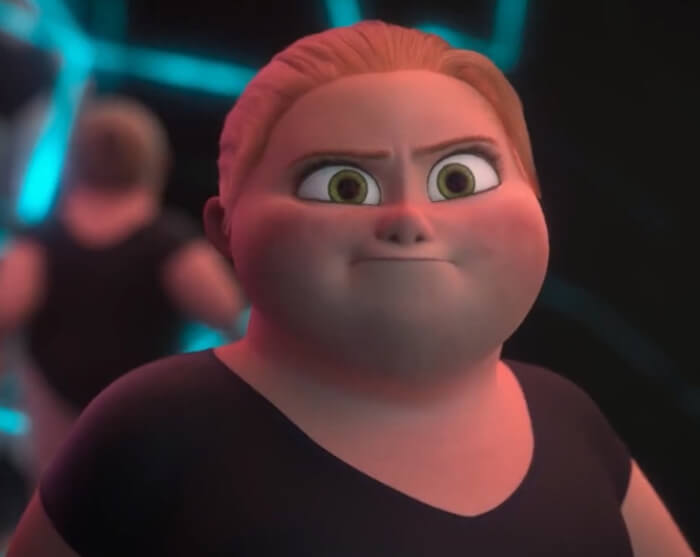Reflect: Disney Introduces Its First Plus-Size Female Protagonist And We Can’t Wait To Watch It
While Disney has created many iconic characters, we think nothing comes close to the stunning Disney princesses. Most of the female protagonists have been described with a long slim neck, impossibly thin waist, or narrow wrists. However, Disney has debuted its first plus-size female protagonist in a short film that is praised for exploring body positivity and overcoming self-doubt. The movie calls Reflect.
The animation, Reflect, tells the story of Bianca, a young ballet dancer who "battles her own reflection, overcoming doubt and fear by channelingreflexc her inner strength, grace, and power". The six-minute over the Disney+ streaming service feature has been pitched as an uplifting tale of conquering body dysmorphia and self-doubt.
The animation, Reflect, tells the story of Bianca, a young ballet dancer who "battles her own reflection, overcoming doubt and fear by channelingreflexc her inner strength, grace, and power". The six-minute over the Disney+ streaming service feature has been pitched as an uplifting tale of conquering body dysmorphia and self-doubt.
About the empowering animation
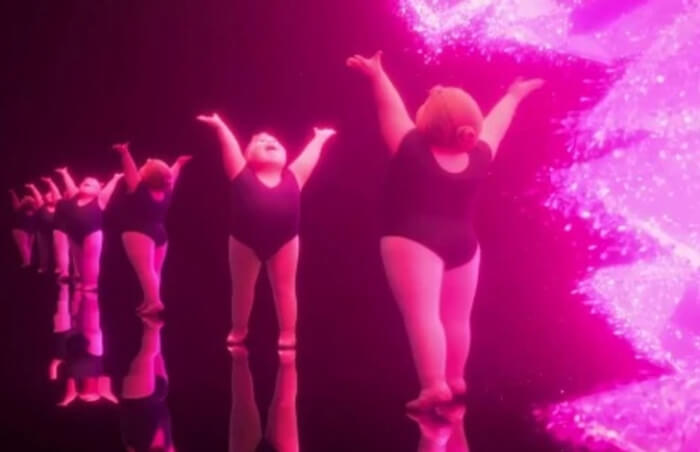 Source: © Reflect / Disneyplus and co-producers
Source: © Reflect / Disneyplus and co-producers
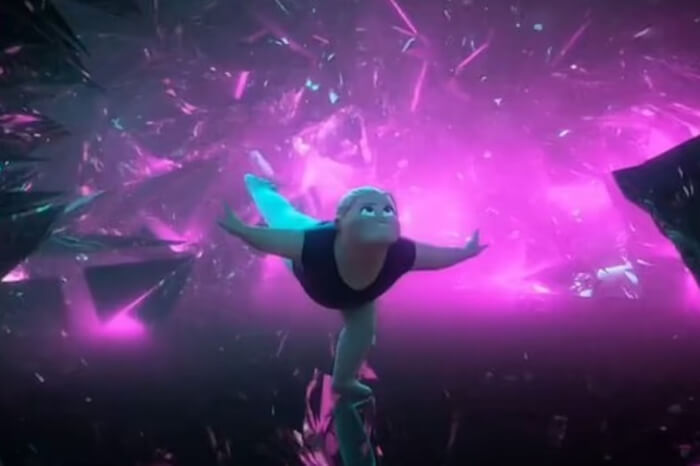 Source: © Reflect / Disneyplus and co-producers
Source: © Reflect / Disneyplus and co-producers
 Source: © Reflect / Disneyplus and co-producers
Source: © Reflect / Disneyplus and co-producers
About Body Dysmorphia Disorder
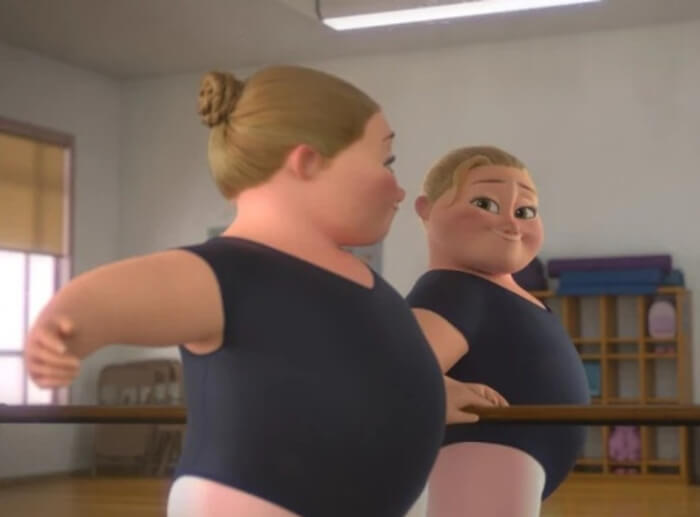 Source: © Reflect / Disneyplus and co-producers
Source: © Reflect / Disneyplus and co-producers
Disney has previously been criticized by its fans
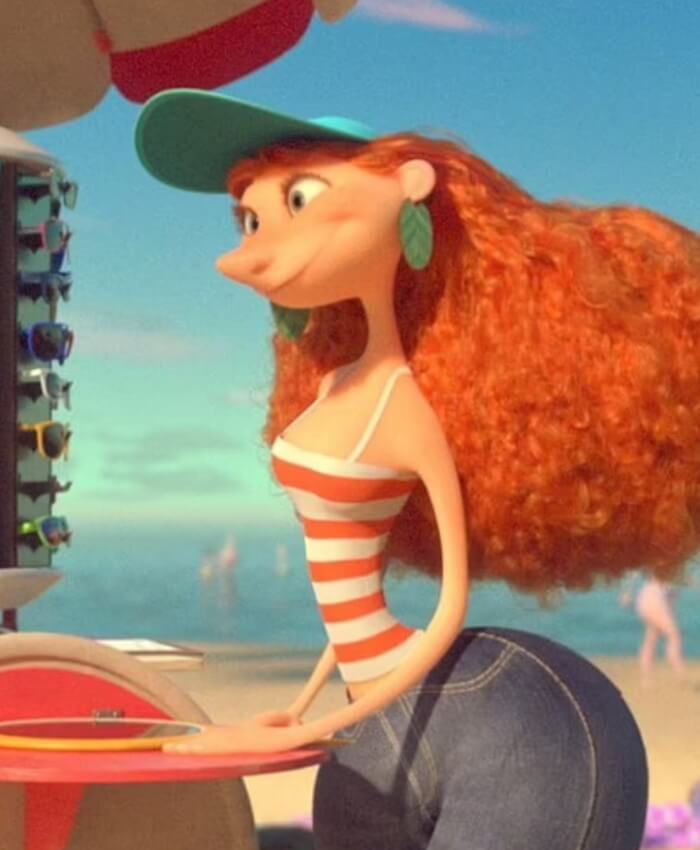 Source: © Inner Workings / Walt Disney Animation Studios and co-producers
Source: © Inner Workings / Walt Disney Animation Studios and co-producers
Disney’s previous efforts to make children feel good about themselves
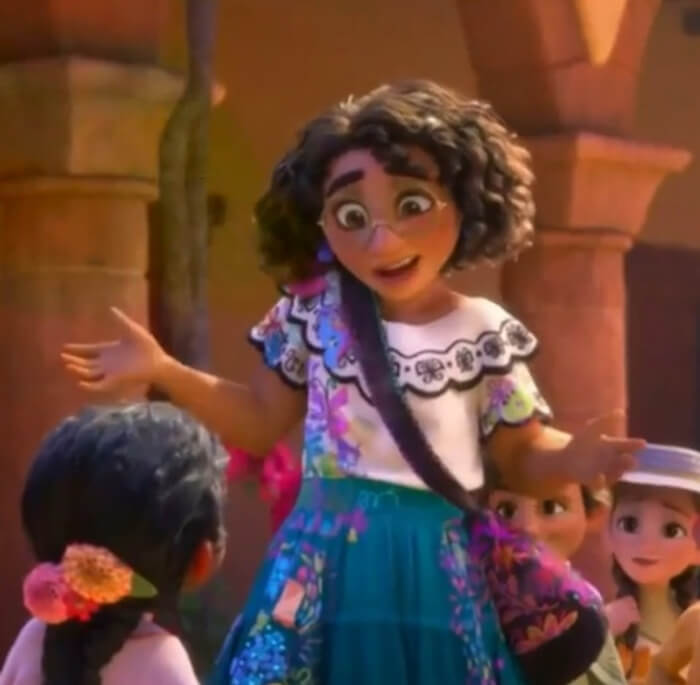 Source: © Encanto / Walt Disney Animation Studios and co-producers
Source: © Encanto / Walt Disney Animation Studios and co-producers
Fans are delighted and full of praise for the cultural turning point
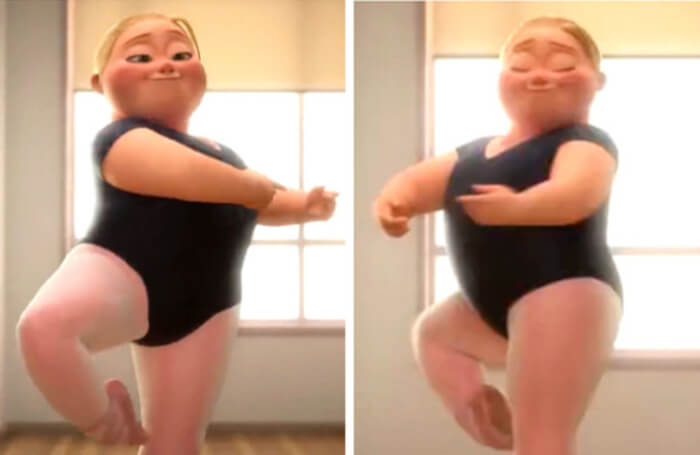 Source: © Reflect / Disneyplus and co-producers, © Reflect / Disneyplus and co-producers
Source: © Reflect / Disneyplus and co-producers, © Reflect / Disneyplus and co-producers
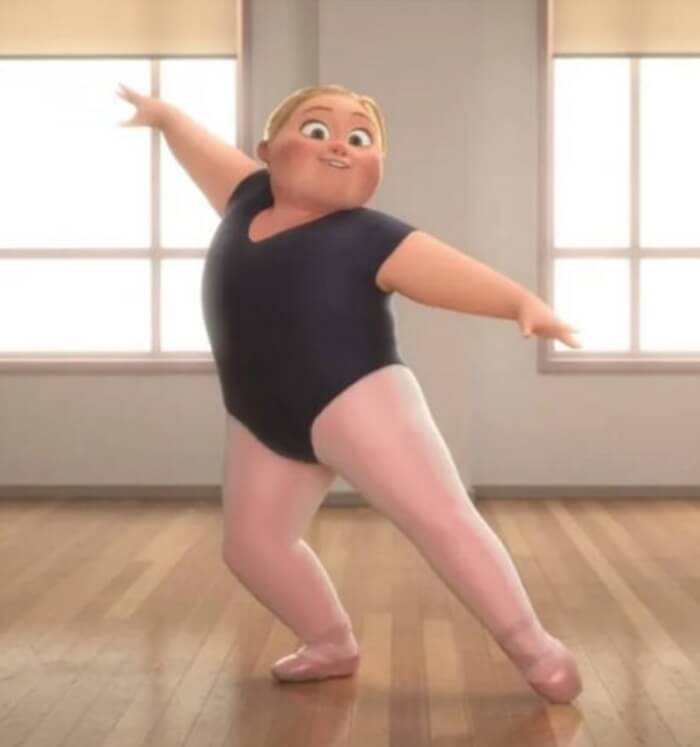 Source: © Reflect / Disneyplus and co-producers
Source: © Reflect / Disneyplus and co-producers
The short might raise a new debate
Portraying overweight or obese characters in a positive light is raging. While many are fighting for the Fat Acceptance movement, others are concerned about people’s health which is damaged by obesity and overweight.Share this article
Advertisement
